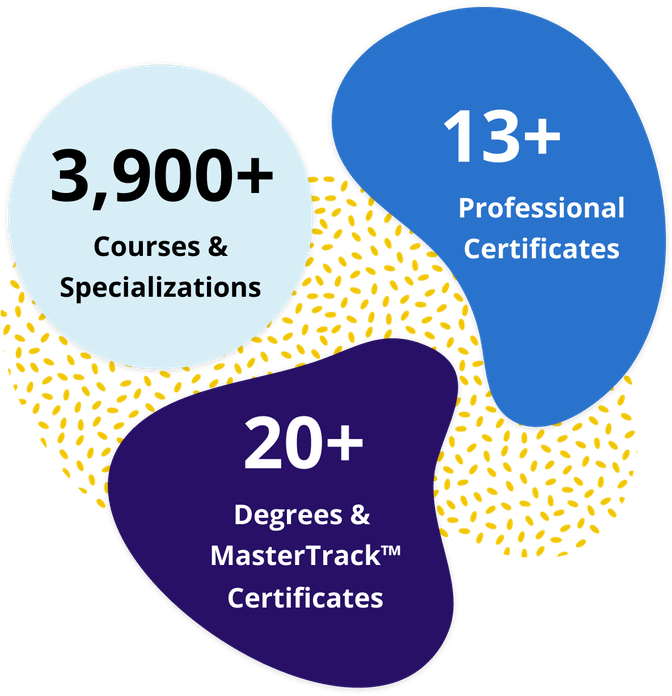Learning new skills is one of the best ways to become more successful in your career. Whether you are looking for a new career opportunity or would like to move into a more senior role, upgrading your skills can increase your chances of reaching your career goals.
In most professions, upgrading your skills is highly valued and is seen as a requirement for many employers. Most jobs are dynamic, constantly changing, and adapting as the field grows. Therefore, employees must be adaptable and up-to-date with the trends and developments in their field.
The benefits of upgrading your skills include (deltacert):
Increased self-confidence: Learning a new skill can help you take on new tasks at work, as well as increase your ability to articulate to employers how you can make a difference in the workforce. Employers look for candidates who are knowledgeable, competent, and proactive. An employee who is confident in their skills and who can actively demonstrate these skills will be viewed as an asset to their company.
Improved marketability and competitiveness: Upgrading your skills helps keep you up-to-date within your field and makes you a more competitive job applicant. When employers see that you have the skill set they need, you are more likely to get a call back on your application, as well as increase your chances of getting hired.
Greater resourcefulness: New skills can give you the ability to offer solutions to problems that may occur on the job. Employers value employees who are self-directed and able to anticipate and resolve issues as they occur. These skills can be demonstrated on the job, as well as during behavioral-based interviews, where job applicants provide examples of a solution they developed to a challenge that arose.
Better career opportunities: Upgrading your skills will open the door to new career opportunities that you may not have been able to consider before. For example, if you upgraded your Microsoft Excel skills, you may be able to apply for jobs that require you to analyze data, create spreadsheets, or even produce reports. As you gain new skill sets, you can consider job opportunities and roles that you once passed on.
The following sections provide a few strategies for upgrading your skills.

Conduct Research
To determine the skills you need to upgrade, you should first conduct research on the labour market to understand what employers are looking for. Research your field to find out the skills that are required, skills that are an asset, and those that would add value to organizations. A great place to start is to look at current job postings to assess the specific job tasks and qualifications that are required of the kind of jobs you want. Also, expand your search to include roles you may not yet be qualified for, but could pursue with additional training.
Another great source of information is government websites that publish local and regional labour market data. This kind of information can inform you of who is hiring, where they are hiring, and of any hiring trends within your industry.
Related Reading
Tools to Help You Understand the Understand the Canadian Labour Market
For more inside industry knowledge, consider conducting informational interviews with employers to get a better understanding of the field. Such interviews can provide you with detailed information about roles you may be qualified to apply for, answer your specific questions, and give you an opportunity to network with others in the same field.
Conducting research on your industry helps you to be informed about current trends, challenges, and gaps, so you can get a head start on how you can make a difference in your field.
Engage in a Self-Assessment
After you have conducted research to determine the skills employers are looking for, the next step is to assess your skills. Understanding where you have current gaps in your skills will help you to determine your next course of action delta.
You can start by making a checklist once you have reviewed the skills employers require. Service Canada has a great self-assessment tool to help identify essential skills, strengths, and areas for improvement. Tools like this can help you understand your skills. Make a list of the current skills you possess and the ones you need to acquire; this will help you determine the next steps in upgrading your skills.
Determine Next Steps
Once you understand the skills you need, the direction you take to upgrade your skills can include the following:
Courses: Whether you take a college or university course or pursue online education, courses can help you develop the theoretical and practical knowledge you need to upgrade your skills. Consider courses that have a practical component, so you can actively practice the newly acquired skill. This will help make the transition from your training to work easier. Here are a couple of websites that offer free courses in topics ranging from coding to marketing and business:
Coursera
EdX
Class Centra

